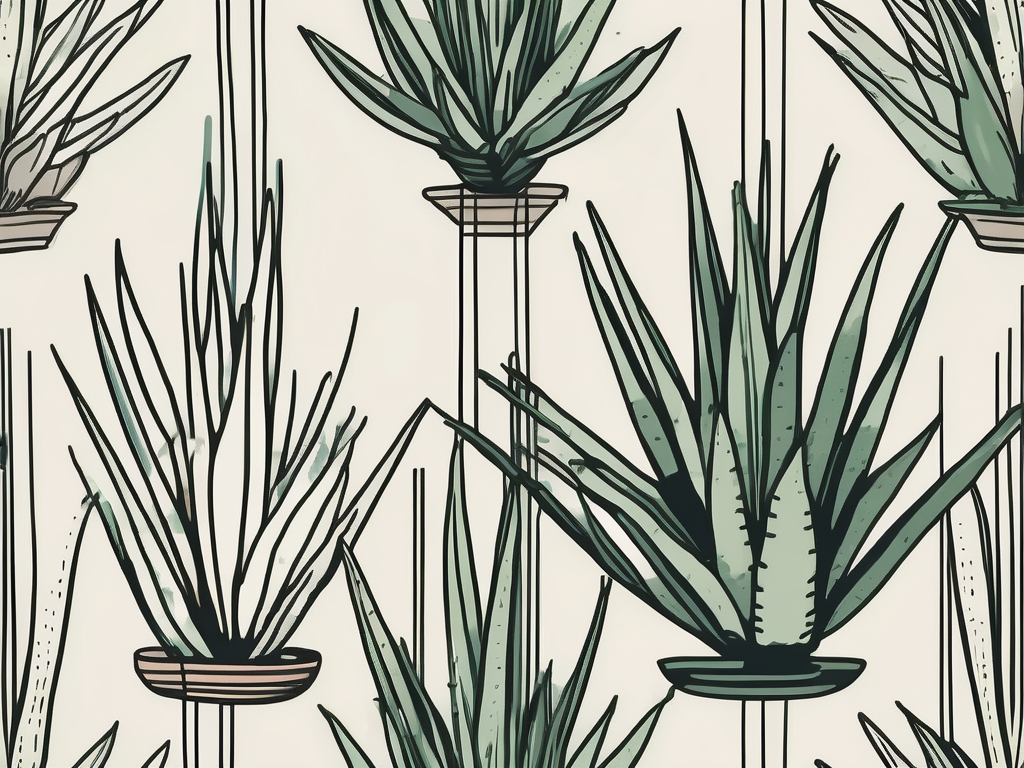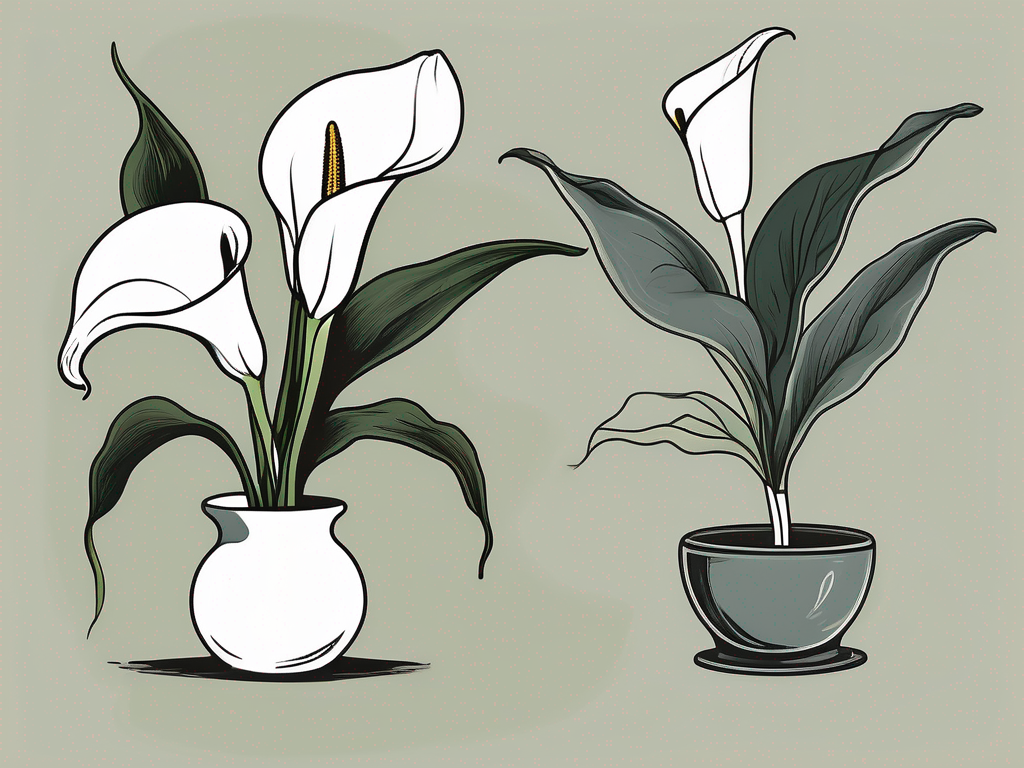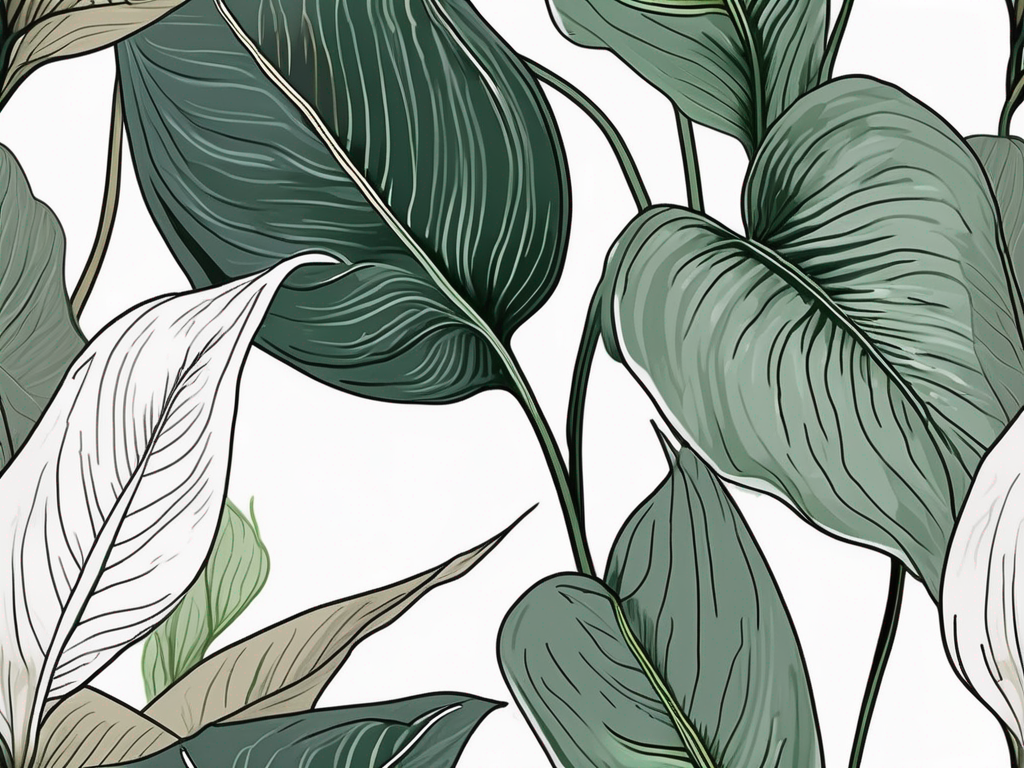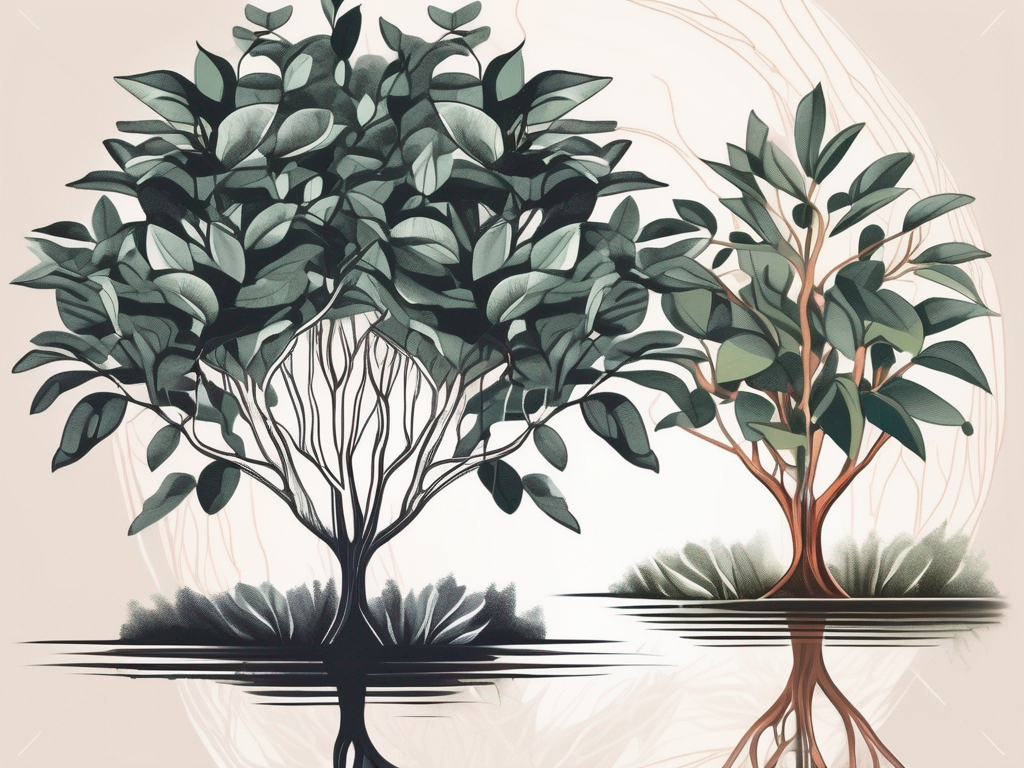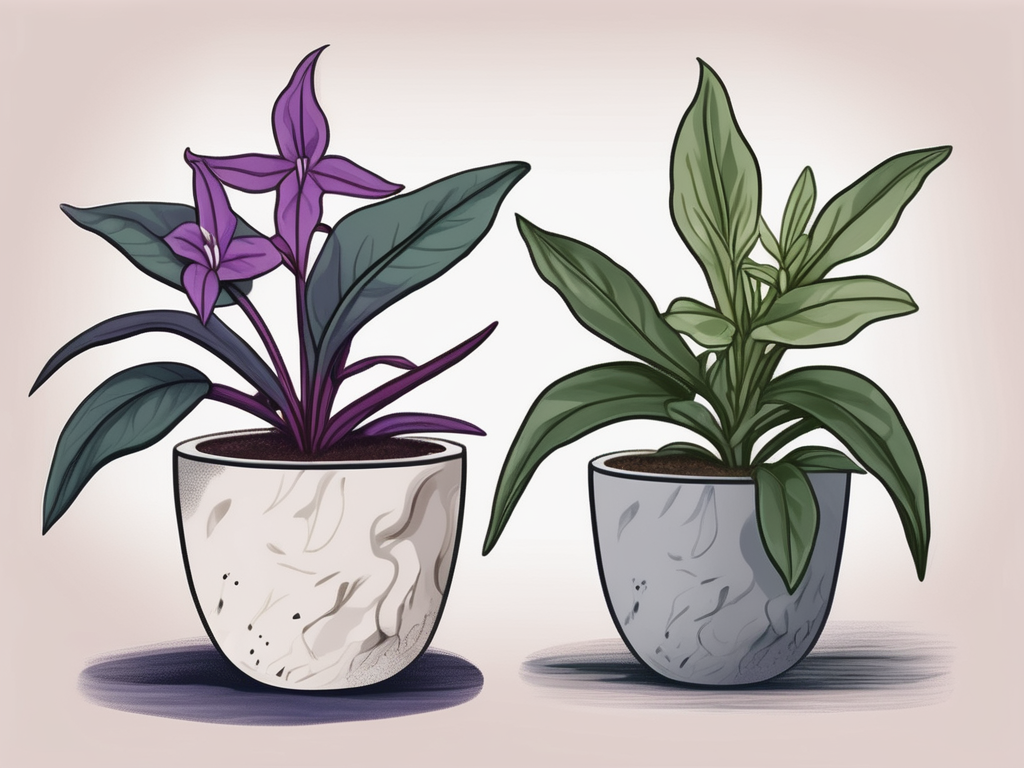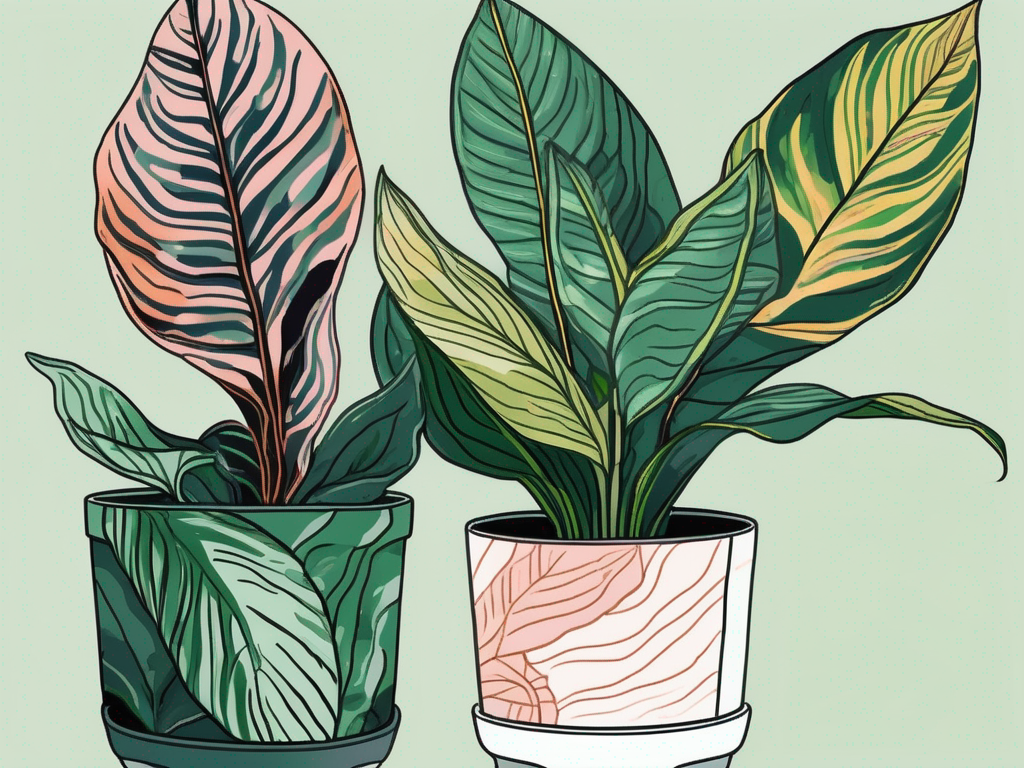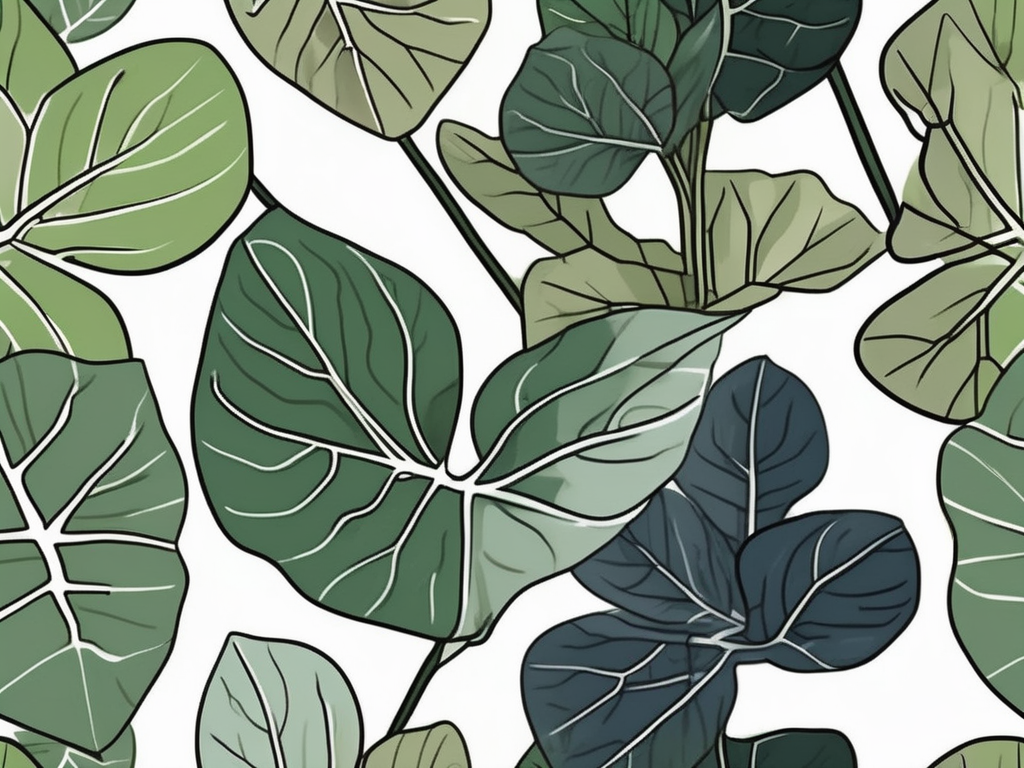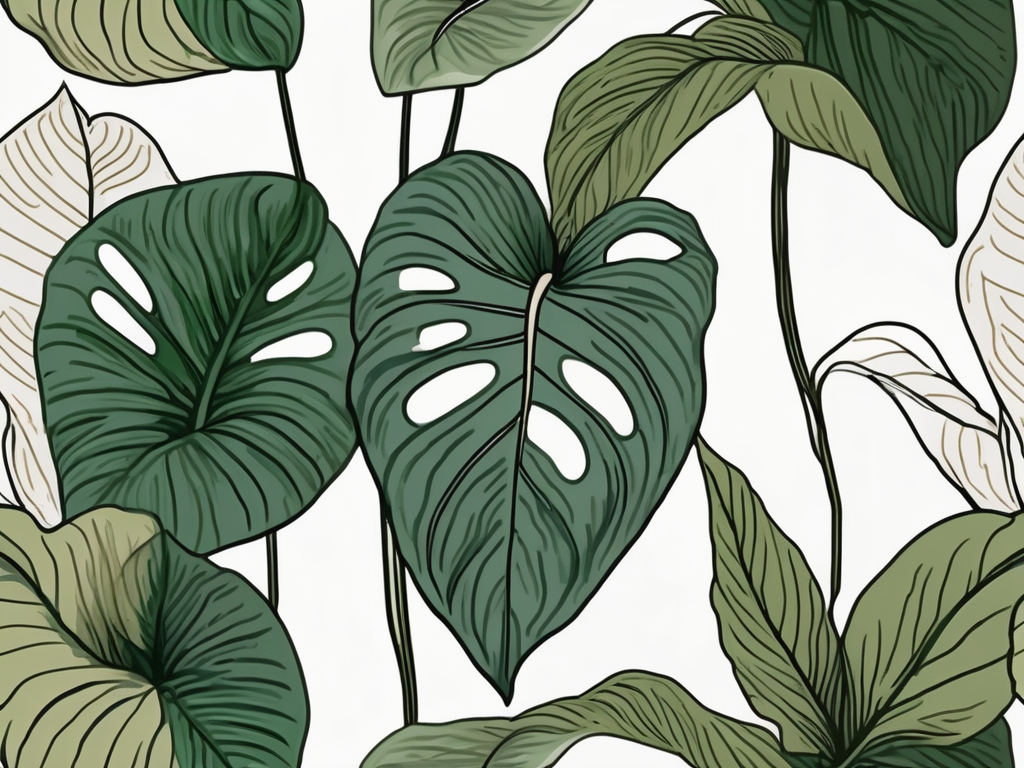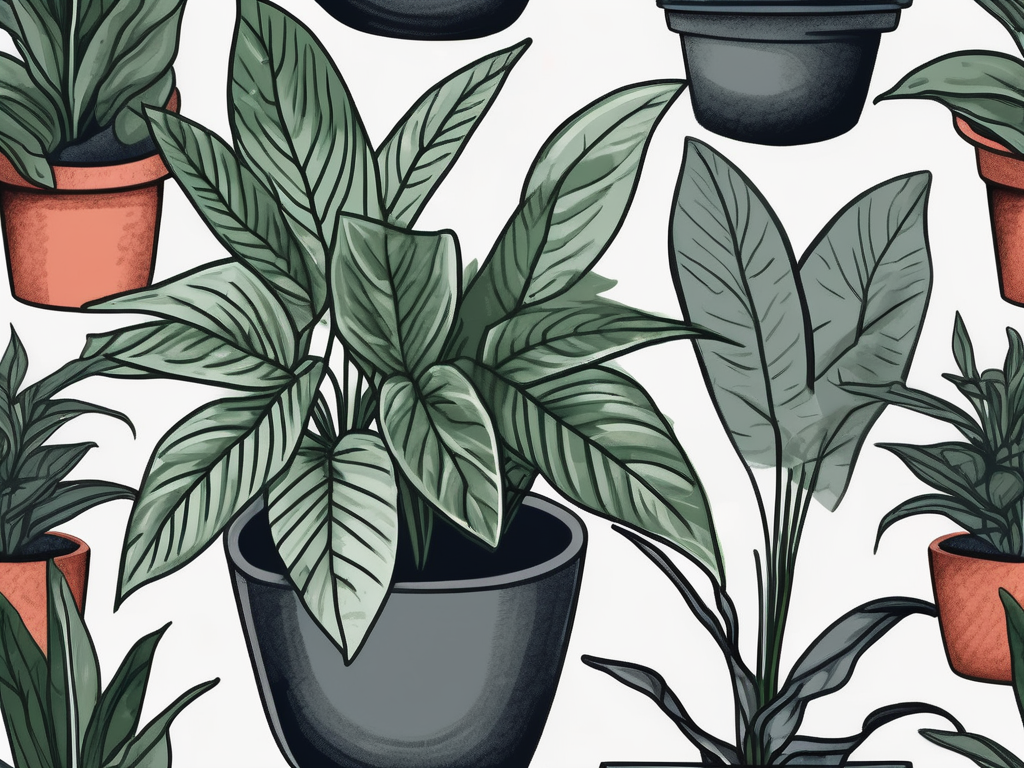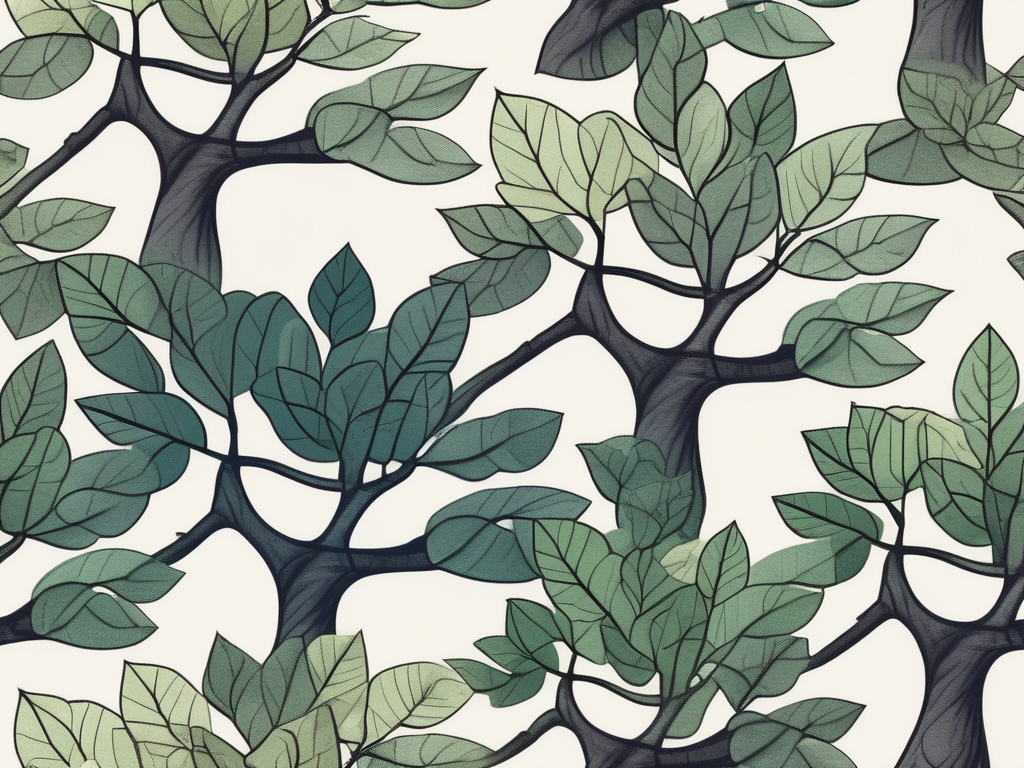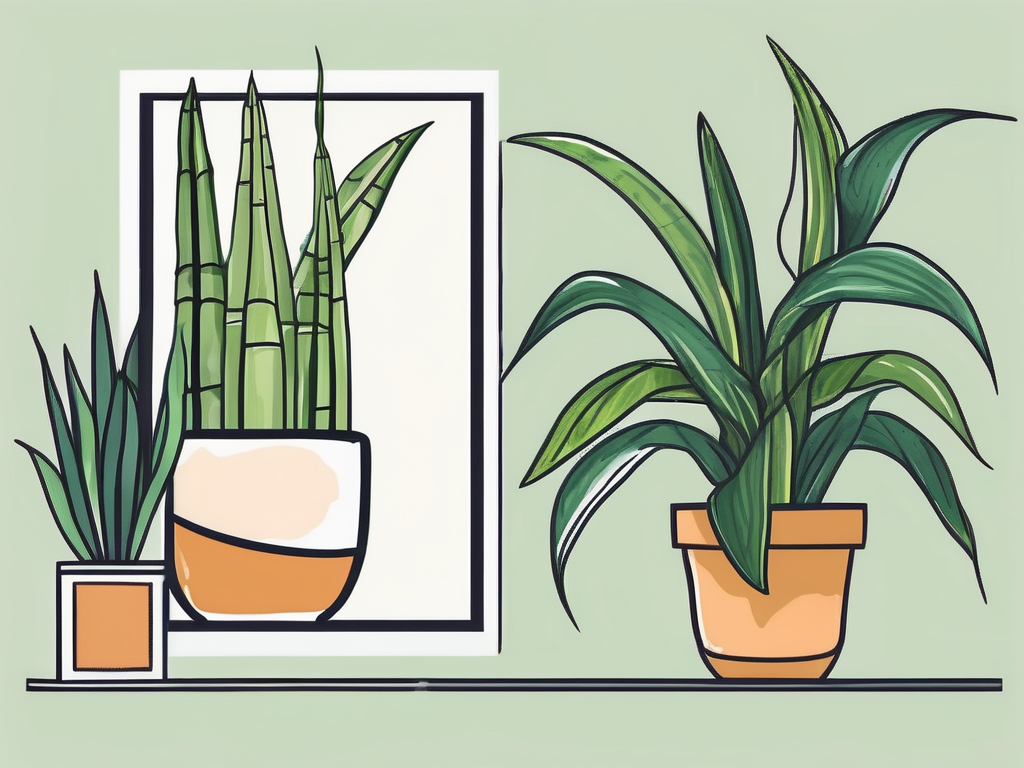
Your jade plant, with its thick, glossy leaves and charming presence, deserves the best care you can provide. One of the most important aspects of caring for a jade plant is fertilization, which can significantly impact its growth and health. But with so many fertilizer options available, how do you choose the best one for your green companion?
This article will guide you through selecting the perfect fertilizer for your jade plant. We'll cover various types of fertilizers, when and how to apply them, and even touch on some common mistakes to avoid. By the end of this read, you'll feel confident about nourishing your jade plant for vibrant growth.
Understanding Jade Plant Needs
Jade plants, scientifically known as Crassula ovata, are popular succulents known for their resilience and easy-going nature. These plants are native to South Africa and thrive in dry, arid climates. Their ability to store water in their leaves makes them low-maintenance, but they still have specific nutritional needs that a good fertilizer can meet.
Jade plants prefer a balanced nutrient intake with a slight tilt towards phosphorus and potassium. These nutrients support root development and overall plant health, helping your jade plant maintain its vibrant green color and sturdy structure. While jade plants are not heavy feeders, providing the right nutrients at the right time can optimize their growth and appearance.
Interestingly enough, jade plants are sensitive to over-fertilization. Too much of a good thing can lead to fertilizer burn, where the leaves turn brown or yellow and may even fall off. So, it's crucial to strike a balance with the right type and amount of fertilizer.
Types of Fertilizers for Jade Plants
Choosing the right fertilizer for your jade plant involves understanding the different types available: liquid, granular, and slow-release fertilizers. Each type has its advantages, and your choice may depend on personal preference and the specific needs of your plant.
Liquid Fertilizers
Liquid fertilizers are popular among plant lovers because they are easy to apply and can be quickly absorbed by the plant. They often come in concentrated forms that need to be diluted with water before use. This method allows for precise control over the amount of nutrients your plant receives.
For jade plants, a balanced liquid fertilizer with an N-P-K (nitrogen-phosphorus-potassium) ratio of around 10-10-10 or 20-20-20 is generally recommended. Apply it once a month during the growing season (spring and summer) and reduce or stop fertilization during the dormant period (fall and winter).
Granular Fertilizers
Granular fertilizers are dry pellets that are mixed into the soil. They release nutrients slowly over time as they break down. This type of fertilizer is great for long-term feeding but requires a bit more effort to apply evenly.
When using granular fertilizers, ensure they are well mixed with the soil and water the plant thoroughly afterward. This helps the nutrients dissolve and become accessible to the plant roots.
Slow-Release Fertilizers
Slow-release fertilizers are designed to gradually release nutrients over an extended period, often lasting several months. These are ideal for plant parents who prefer a low-maintenance fertilizing routine.
With slow-release fertilizers, you can fertilize your jade plant just once or twice a year, making them a convenient choice. However, it's essential to choose a formula specifically designed for succulents to avoid nutrient overload.
Choosing the Right N-P-K Ratio
The N-P-K ratio on a fertilizer package represents the percentage of nitrogen (N), phosphorus (P), and potassium (K) it contains. For jade plants, a balanced fertilizer is usually best, but slight variations can be beneficial depending on your plant's specific needs.
Here's a quick breakdown of how each nutrient helps your jade plant:
- Nitrogen (N): Promotes leafy growth and helps maintain a rich green color.
- Phosphorus (P): Supports root development and flowering. While jade plants don't bloom often indoors, phosphorus still contributes to overall plant health.
- Potassium (K): Enhances overall plant vigor, disease resistance, and water regulation.
For jade plants, a balanced ratio like 10-10-10 is suitable for general growth. If you notice your plant isn't thriving despite proper care, consider adjusting the ratio slightly towards phosphorus and potassium for support.
When and How Often to Fertilize
Timing is everything when it comes to fertilizing jade plants. These succulents have a specific growing cycle that should guide your fertilization schedule.
Jade plants typically grow actively during the spring and summer months when they benefit most from regular fertilization. During this period, fertilize once a month with a balanced fertilizer to support their growth spurt.
As fall approaches, jade plants enter a dormant phase where growth slows down. During these months, reduce or stop fertilization altogether. Over-fertilizing during dormancy can stress the plant and lead to nutrient burn.
Always water your jade plant before applying fertilizer. This practice helps prevent root burn by ensuring the roots are moist and ready to absorb nutrients without being overwhelmed.
Common Mistakes to Avoid
Even the most experienced plant parents can make mistakes, especially when it comes to fertilization. Here are some common pitfalls to watch out for:
- Over-fertilizing: It's easy to think more is better, but over-fertilizing can harm your jade plant. Stick to the recommended schedule and amounts.
- Using the wrong type: Not all fertilizers are created equal. Make sure you're using one suitable for succulents and not a general-purpose houseplant fertilizer.
- Ignoring the soil: Fertilizer can't fix poor soil quality. Ensure your jade plant is in well-draining soil to prevent root rot and nutrient lockup.
Avoiding these mistakes will help your jade plant thrive and maintain its health and beauty.
Organic vs. Synthetic Fertilizers
The choice between organic and synthetic fertilizers often comes down to personal preferences and environmental considerations. Both types can provide the necessary nutrients for jade plants, but they have distinct differences.
Organic Fertilizers
Organic fertilizers come from natural sources like compost, bone meal, and fish emulsion. They release nutrients slowly and improve soil health over time. While they may not provide an immediate nutrient boost, they contribute to a sustainable and eco-friendly gardening practice.
Using organic fertilizers can also attract beneficial microorganisms to the soil, which can further enhance plant health. However, the nutrient ratios can be less precise, requiring more attention to balance.
Synthetic Fertilizers
Synthetic fertilizers are chemically manufactured and provide a quick nutrient boost. They are often more affordable and have precise N-P-K ratios, making them easier to apply accurately.
While effective, synthetic fertilizers can sometimes lead to salt buildup in the soil and may not support long-term soil health. If you choose synthetic options, it’s important to flush the soil periodically to prevent salt accumulation.
Signs Your Jade Plant Needs Fertilizing
Your jade plant might not have a voice, but it can still communicate its needs through its appearance. Here are some signs that your jade plant could benefit from a nutrient boost:
- Slow growth: If your plant isn't growing as vigorously during the active season, it may need more nutrients.
- Pale or yellowing leaves: Discoloration can indicate nutrient deficiencies, particularly in nitrogen.
- Drooping or weak stems: A lack of potassium can lead to weak structural support.
If you notice these signs, consider adjusting your fertilization schedule or the type of fertilizer you're using to better meet your jade plant's needs.
DIY Fertilizer Options
If you're a fan of DIY solutions, you might be interested in creating your own fertilizer for your jade plant using common household items. This can be a cost-effective and environmentally friendly approach to plant care.
Banana Peel Fertilizer
Banana peels are rich in potassium, making them a great natural fertilizer. You can chop up the peels and bury them in the soil around your jade plant or make a banana peel tea by soaking the peels in water for a few days and using the water to fertilize.
Eggshell Fertilizer
Eggshells are rich in calcium, which can enhance soil quality. Crush the shells into a fine powder and mix them into the soil for a slow-release calcium boost.
Coffee Grounds Fertilizer
Used coffee grounds can provide a minor nitrogen boost and improve soil structure. They can be mixed into the soil or soaked in water to create a mild fertilizer solution.
While these DIY options can supplement your jade plant's nutrient intake, they are not a substitute for a balanced commercial fertilizer. Use them as an occasional treat rather than a primary source of nutrition.
Final Thoughts
Choosing the right fertilizer for your jade plant can make a world of difference in its health and growth. By understanding your plant's needs and selecting a fertilizer that provides balanced nutrition, you're setting your jade plant up for success.
At Cafe Planta, we're passionate about helping you care for your plants. Whether you're looking for the perfect houseplant or need expert advice, we're here for you. Feel free to reach out via email or connect with us on Instagram. Let's nurture our plant love together!

